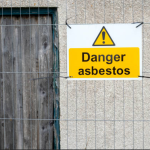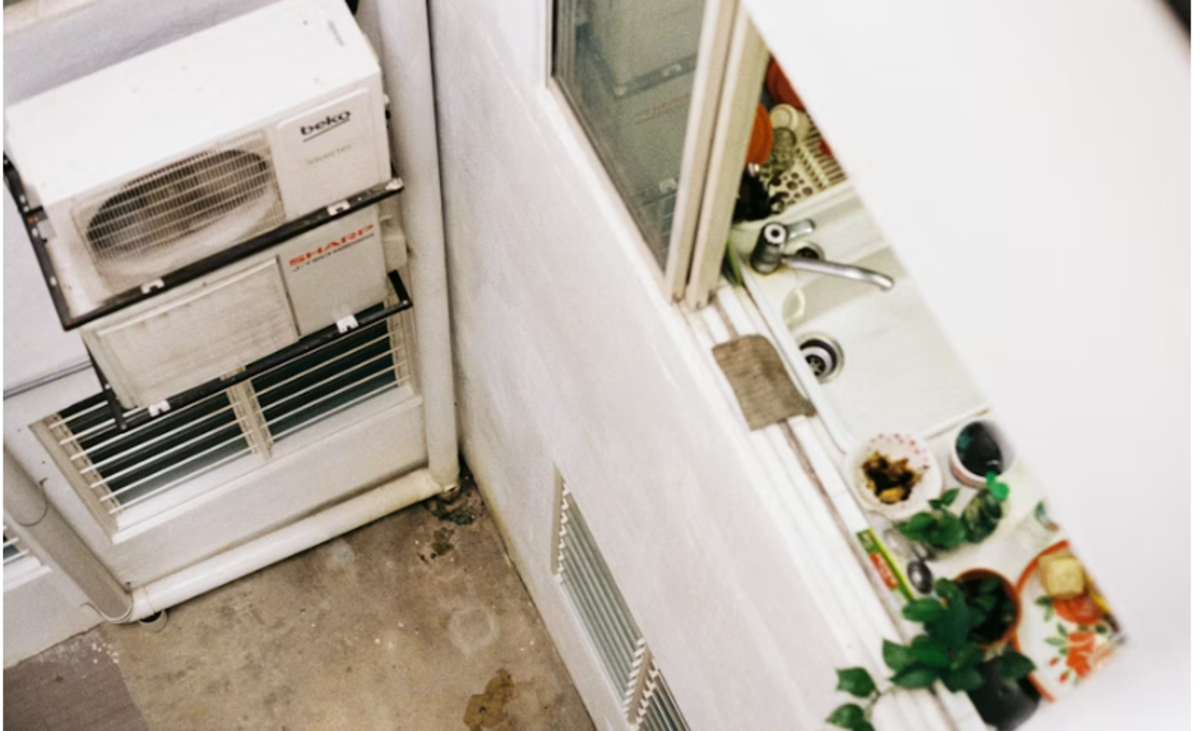Key Takeaways:
- Spotting garage door issues early can save money and enhance home safety.
- Unusual noises, slow responses, and visible wear are key warning signs.
- Regular maintenance and professional help keep doors functioning smoothly.
Table of Contents:
- Unusual Noises
- Slow Response Time
- Door Doesn’t Close Fully
- Visible Wear and Tear
- Unbalanced Door
- Increased Energy Bills
- Remote Control Malfunctions
- Door Stuck Midway
- Conclusion
Maintaining your garage door is not only crucial for security but can also prevent unexpected breakdowns and expensive repairs down the road. Early detection of common garage door problems is integral, as even small issues can quickly become big hassles if neglected. For comprehensive and reliable services, expert garage door maintenance & repair ensure your door remains in optimal condition all year.
From subtle noises to sluggish response times, being familiar with the warning signs allows you to act swiftly and avoid sudden inconvenience. Let’s explore the most common garage door issues and how to catch them early.
Unusual Noises
A smooth-operating garage door should run quietly. If you notice grinding, squeaking, or rattling sounds, there may be underlying issues with components like springs, rollers, or the track itself. These sounds suggest parts may be wearing out, lack lubrication, or have become loose. Regularly lubricating moving parts and tightening loose hardware can often resolve these noises before they escalate.
Slow Response Time
If your garage door hesitates or moves sluggishly after you press the remote, the problem may stem from an aging opener, worn-out springs, or issues within the door’s electrical components. Testing the door’s balance and checking all connections with your opener can pinpoint the root cause. If the delay persists, it’s prudent to consult a technician to diagnose and fix the underlying fault.
Door Doesn’t Close Fully
When your garage door won’t close, potential culprits include blocked or misaligned safety sensors, track debris, or damaged rollers. Safety sensors at the base of your garage door can become dirty or knocked out of alignment, preventing the door from closing properly. Regularly clean the sensor lenses and ensure nothing is blocking the sensors or tracks. Inspecting and maintaining these elements consistently goes a long way toward preventing operational hiccups.
Visible Wear and Tear
Over time, exposed cables, dented or cracked panels, and visible rust on springs and rollers can develop, indicating your door needs attention. These issues compromise function and impact safety. Routinely check for frayed wires, cracked paint, and other damage. Tackling these small repairs early helps avoid pricey overhaul work or complete replacements later.
Unbalanced Door
An imbalanced garage door places undue stress on the opener and can cause rapid component wear. Disconnect the automatic opener and manually lift the door halfway to test for balance. If it doesn’t stay put and instead falls shut or swings open, your springs might need adjustment. In such cases, prompt garage door repair is essential to prevent further damage and ensure safe operation. This job is best left to professional technicians, as springs are high-tension components and can be dangerous if handled improperly.
Increased Energy Bills
Gaps, cracks, or poor insulation in your garage door can result in energy loss, leading to unexpectedly high utility bills. Inspect the door’s perimeter for loose, worn, or missing weather-proofing strips. A simple replacement can greatly improve energy efficiency. If your garage space fluctuates in temperature or feels drafty, consider upgrading to an insulated door for long-term savings and comfort.
Remote Control Malfunctions
If your remote control is unreliable, always start by checking and replacing the batteries. If issues persist, ensure the remote is correctly synced with the opener per the manufacturer’s instructions. Sometimes, radio interference or faulty internal wiring could be to blame, and a professional evaluation may be needed to restore full, consistent operation.
Door Stuck Midway
A door pausing or stopping halfway usually points to blocked or dirty tracks, a misaligned opener, or worn-out springs. Examine the tracks for obstructions, clean any debris, and try operating the door again. If the door continues to get stuck or only works intermittently, contact a garage door specialist who can safely assess and repair the issue.
Conclusion
Keeping your garage door in great condition demands a blend of vigilance, regular DIY checks, and occasional professional maintenance. Spotting problems early—from unusual sounds to damaged parts—is vital for avoiding major repairs, bolstering safety, and ensuring convenience. Never hesitate to contact a trusted local expert for any questions or issues that seem beyond basic troubleshooting. Your garage door is a key part of your home—give it the attention it deserves for reliable performance year-round.














